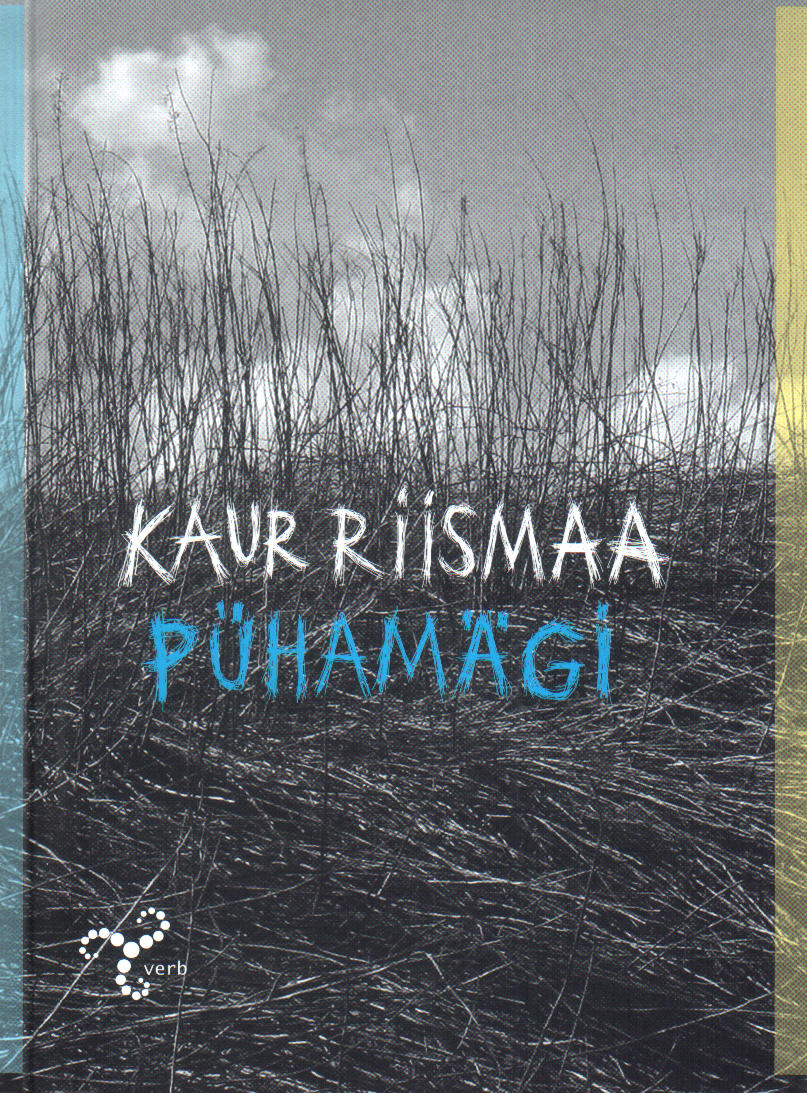Kaur Riismaa, Pühamägi (The Holy Mountain)
Tallinn, Verb, 2015. 109 pp
ISBN: 9789949947393
Kaur Riismaa, Pimeda mehe aiad (The Blind Man’s Gardens)
Tallinn, Tänapäev, 2015. 222 pp
ISBN: 9789949277391
Kaur Riismaa (b 1986) debuted as a poet with the 2011 collection Me hommikud, me päevad, õhtud ööd (Our Mornings, Our Days, Evenings Nights), which critics rather unanimously deemed a very mature work. Now, in 2015, Riismaa suddenly showed himself to be a very mature prose debutant. Last year, two highly unlike but equally strong works appeared from his desk in short succession – The Holy Mountain, which is simultaneously melancholic and amusing; which brings one to thoughts and tears as well as feelings and laughter; and The Blind Man’s Gardens – a philosophic look at one man’s life in an entirely different style.
The Holy Mountain resembles Riismaa’s poetry debut in some respects – telling the stories of imaginary characters unhurried and at length, weaving into them both history and modern day. Even the manner of treatment is similar – Riismaa’s poetry has always verged upon prose with its storytelling quality, while The Holy Mountain resonates something poetic. Although Riismaa’s short novel blurs the line between prose and poetry, the work nevertheless does not come off as a poet making his first unsteady steps in the world of prose and trying to prove himself as a prosaist – on the contrary, the writing is completely natural. The reader finds a logically-assembled novel with intriguing plot developments about an odd friendship, which includes a love-triangle component and does not lack a few “coming-of-age” elements. There is likewise a philosophical sub-tone to The Holy Mountain, which emerges through its original spatial poetics. Mentioning furthermore that the first-person narrator writes the story while talking to his house plants, one can say that the author’s sense of (self-) irony has reached a certain peak.
And so, it does seem logical that The Blind Man’s Gardens (which was published at the same time, but according to the author was written later) is an entirely different kind of work. In the book, Riismaa shows he is not interested in mere sarcasm and that he truly has decided to come to the world of prose to stay. One fair sign of this is recognition the work received – winning first place in the Tänapäev Novel Competition.
The Blind Man’s Gardens is not revolutionary, nor is it a break-through in Riismaa’s own development or contemporary literature in general – just like in the author’s poetry and in The Holy Mountain, so do we encounter a life-story here. Even so, Riismaa is able to tell such tales in a number of varying ways. In The Blind Man’s Gardens, the author embodies different characters with playful ease, adopting various positions and roles, speaking in different voices. It doesn’t appear to pose him any difficulty to speak from the main character’s point of view when the man is 30, then load a little more life-experience on his shoulders by delivering a 45-year-old’s monologue, only to ultimately speak convincingly as a 60-year-old. And if that wasn’t enough, the author also brings in a female narration. The Blind Man’s Gardens is consummate writing and at the same time a light, reader-friendly work.
Peeter Helme (1978) is an Estonian writer and journalist, and anchors Estonian Public Broadcasting’s literary radio programs. Helme has published five novels. The latest, Deep in the West (Sügaval läänes, 2015), is a drama set in the industrial Ruhr Valley.


